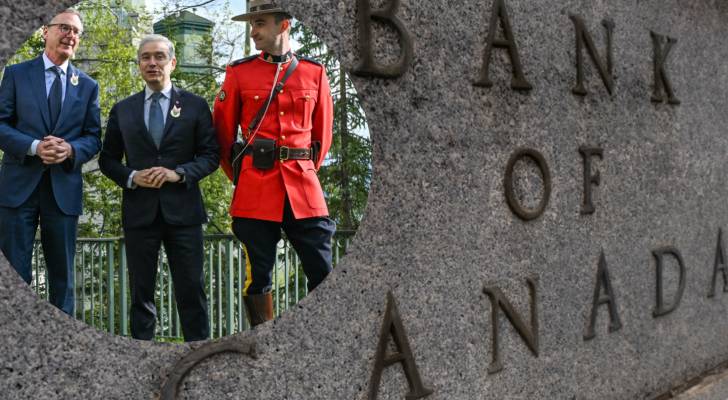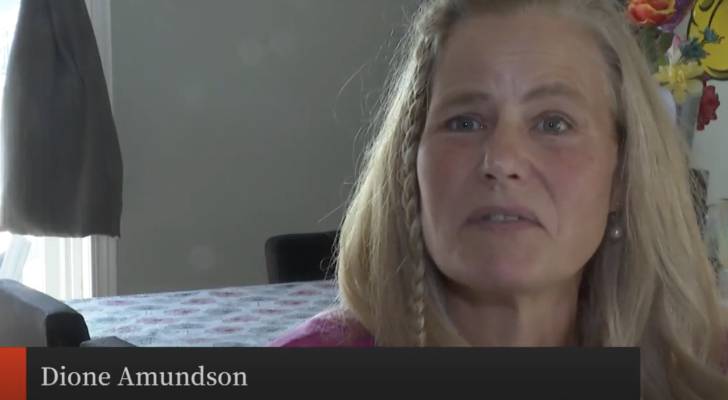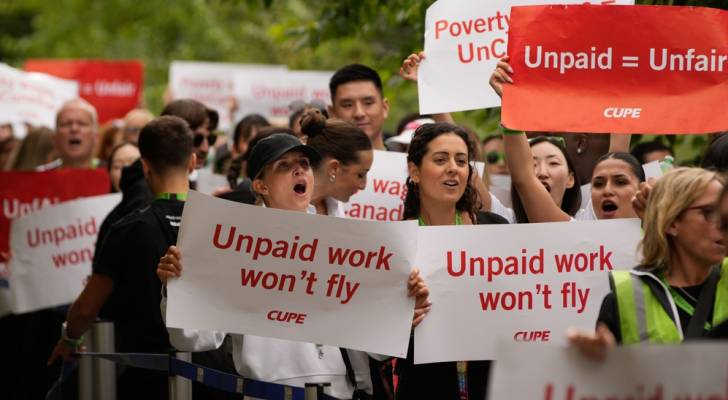The Passing of the Torch: What Warren Buffett’s exit — and Greg Abel’s rise — means for Berkshire Hathaway investors

It’s official: Warren Buffett announced he would “go quiet” as he prepares to hand the reins of Berkshire Hathaway (NYSE:BRK-B) to Canadian-born Greg Abel. The official transition will take place at the end of 2025 — and will mark the end of an era and the beginning of a new one. For investors, the transition […]
Budget 2025 gives Bank of Canada room to steer recovery, explains BoC Governor Tiff Macklem

After months of economic turbulence, the message from Ottawa is one of cautious optimism — from both Parliament Hill and the Bank of Canada. Bank of Canada (BoC) Governor Tiff Macklem told Canadian senators in early November (1) that the country’s economic slowdown “is more than a cyclical downturn — it is also a structural […]
Budget 2025 opens the door to growth: How investors and entrepreneurs can turn new tax credits into profit

The 2025 federal budget introduced a series of tax incentives designed to stimulate investment, innovation and productivity — particularly in sectors tied to clean technology, manufacturing and research. While many of these measures aim to strengthen Canada’s long-term competitiveness, they also create new opportunities for investors and small businesses to improve cash flow and lower […]
Stop leaving money on the table: How dividend investing can build lasting wealth for Canadians

Dividends are payments made by publicly traded companies to their shareholders. But beyond the dictionary definition, a dividend paying stock can be an important tool for growing an investment portfolio, particularly if you opt to reinvest your dividends to buy additional stock shares. Dividend payments can provide income for shareholders of all ages. And financial […]
This new app turns your coffee runs and grocery bills into real home savings

A new fintech platform has come online, allowing Canadians to save for housing by converting their daily purchases into contributions toward rent deposits and down payments. Toronto-based startup Quarters announced the launch of its “Home Savings Rewards” program last week, which it says is the first of its kind in Canada. Unlike traditional loyalty platforms […]
Home prices under $500K? These 10 Alberta towns still offer it — and one town has an average home price of $270K!

Anyone who’s spent time in Alberta knows the province marches to the beat of its own drum. Thinking about making the move to Wild Rose Country? You’re in the right place. From the jaw-dropping Rocky Mountains to the endless boreal forests, and even the pancake-flat prairies (don’t knock it till you’ve caught one of those […]
Canadian travellers uncover hidden tricks to slash flight costs — and finally stop paying full price for airfare

Canadians love travelling, and we have a healthy obsession with trying to save money every time we take flight. Over the years I’ve read some pretty outlandish claims out there about the best way to go about doing that. Some sources insist that booking exactly 59 days before departure is the most cost-effective approach, while […]
Alberta woman says her recent vacation cost her $100K after a sudden medical emergency. Here’s how travel insurance can protect you from unforeseen costs

Insurance is one of those purchases that can feel like a necessary evil. After all, you’re paying money to cover you in case a rare incident happens. But for Alberta native Dione Amundson, her travel insurance may end up saving her around tens of thousands in medical bills. Amundson and her son traveled to Japan […]
One tech firm says Air Canada owes passengers more than $66 million in compensation for strike-related inconveniences — but Canadian laws could make getting that money difficult

After reaching an impasse in negotiations between the Air Canada component of the Canadian Union of Public Employees (CUPE), a 72-hour strike notice was given on August 13. Three days later, over 100,000 Air Canada employees walked off the job in protest. Though it has been over a month since the strike concluded, the effects […]
Younger Canadians reject parents’ money advice: Simplii poll

A growing number of younger Canadians are shaking off traditional money advice that once guided earlier generations, according to a new survey by Simplii Financial. The poll found that one in four Canadians (25%) believe advice from older generations “no longer feels relevant”— a figure that jumps to 34% among Gen Z respondents in particular. […]